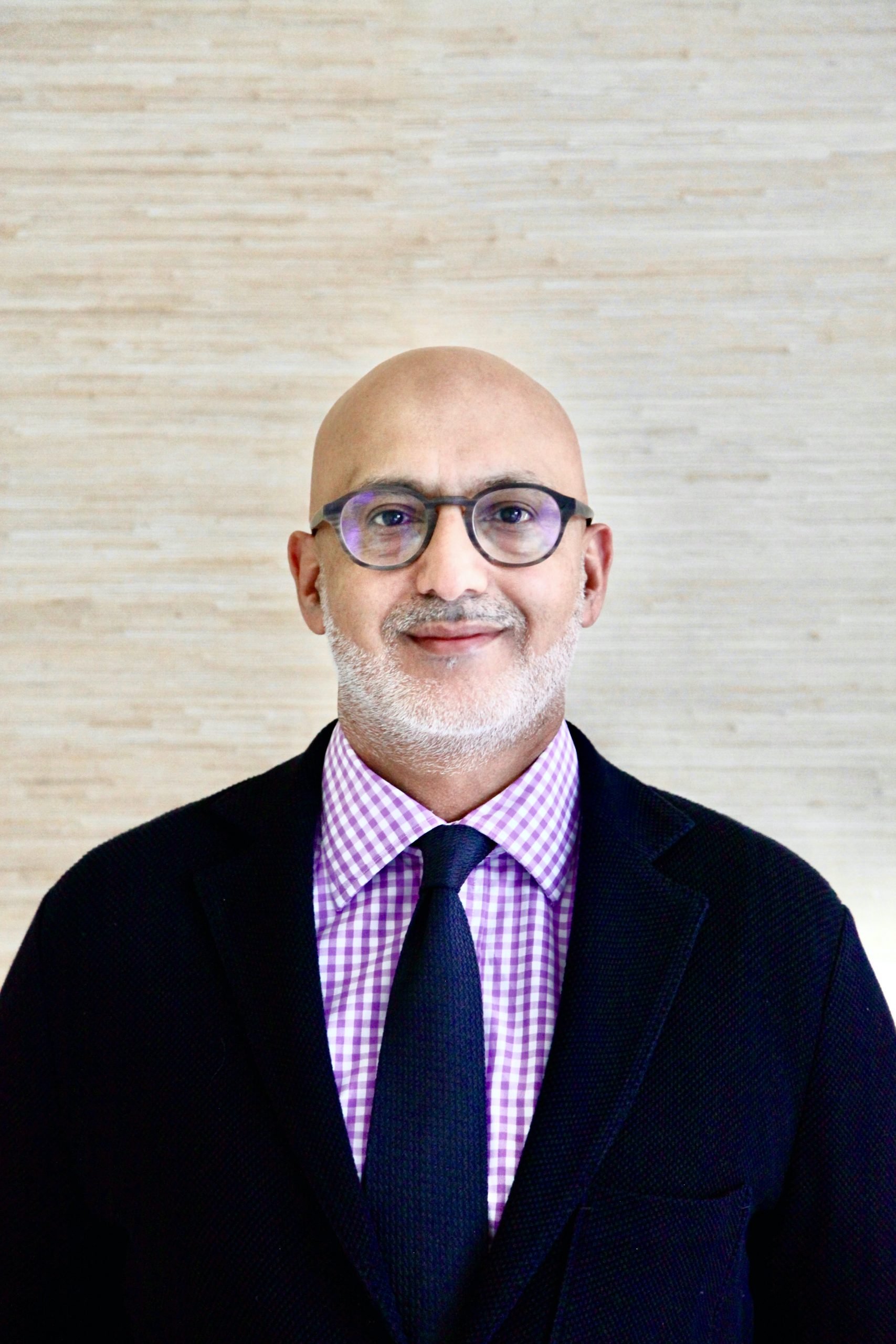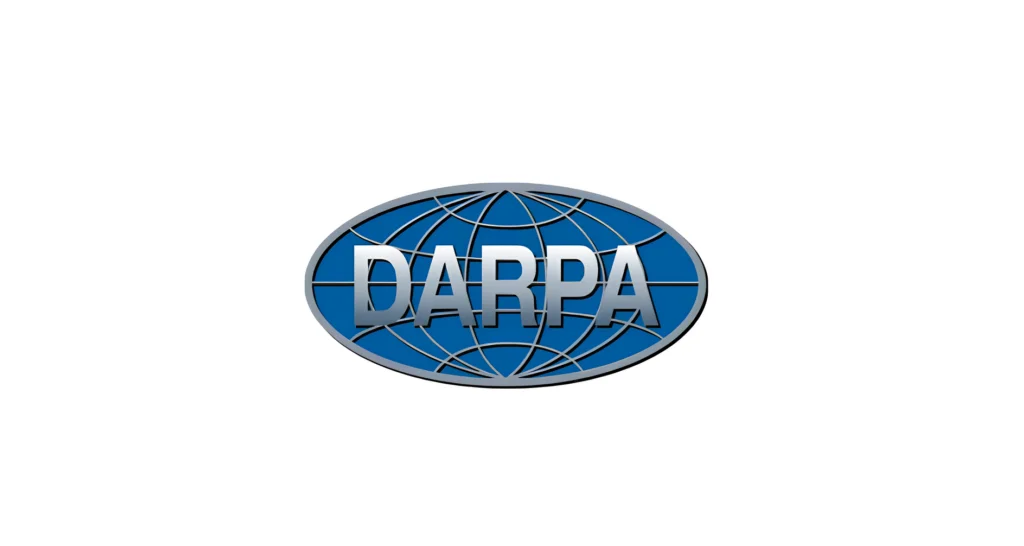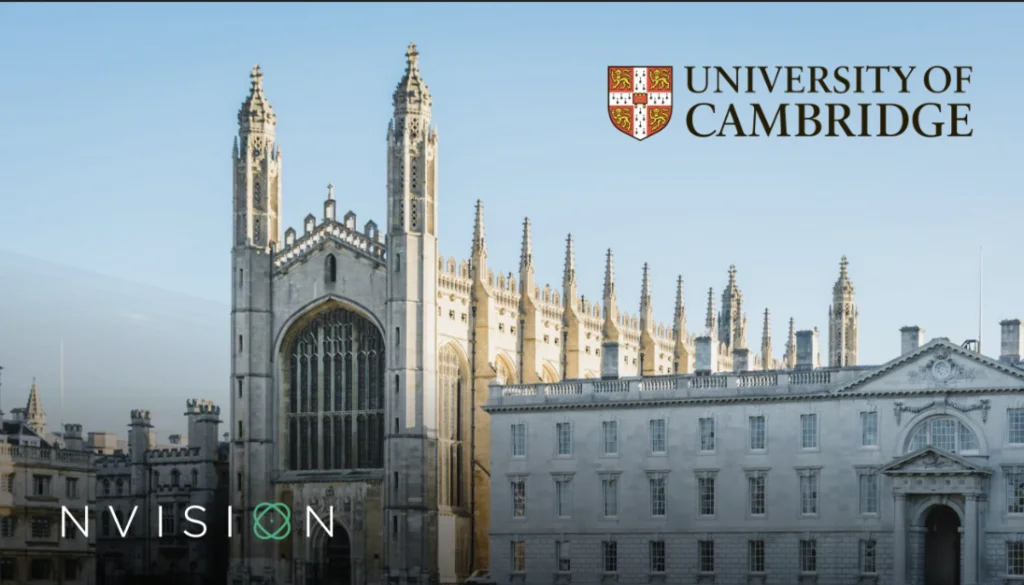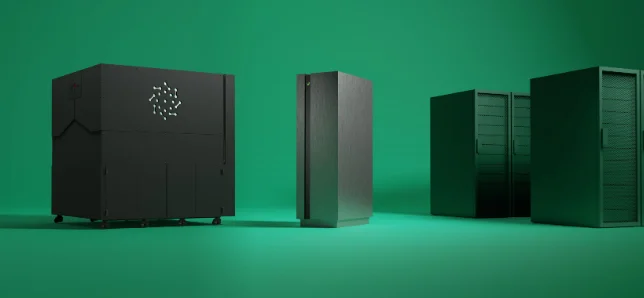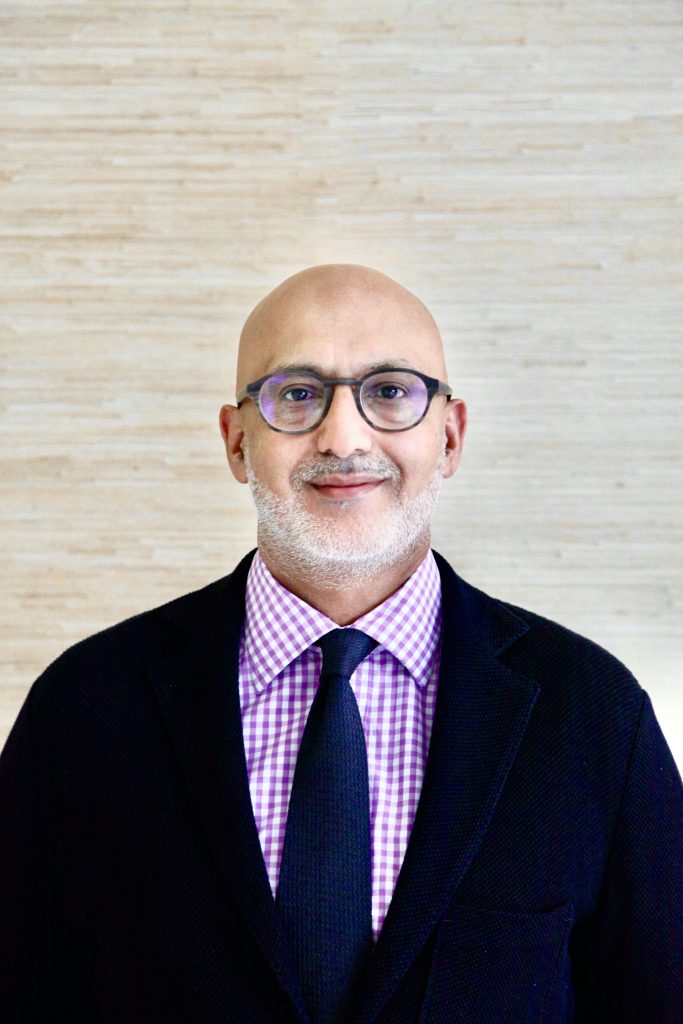
Technology centers tend to latch onto geographic labels — Silicon Valley, the Silicon Fen, Research Triangle, etc. — but companies that make their home in those centers don’t draw from geographic or topographical features, but from the creativity, talent and intelligence of the people who live and work in those ecosystems.
It’s no surprise, then, that one of the pioneering firms in the quantum technology industry proudly hails from the Cambridge area, also called the Cambridge Cluster and Silicon Fen. The nearly eponymously named Cambridge Quantum Computing is headed up by Founder and CEO Ilyas Khan, a Fellow of St. Edmund’s College at the University of Cambridge, one of the world’s top research universities.
According to Khan, the Cambridge ecosystem, and by extension the highly regarded UK Quantum Technologies programme that was launched by the British government in 2013, offers CQC more than just its flood of creativity, brainpower and talent. A strong research focus on product development is deeply encoded into CQC’s own rigorous approach to research and its disciplined execution of its business plan.


It’s that focus, combined with a deep sense of mission, that is driving the company, according to Khan.
“We knew from the very beginning that if we could help the manufacturers and builders of early stage quantum computers be the best that they could be by getting the best out of their devices and quantum processors, then we would be making a genuine and lasting impact,” he said.
Founded in 2014, CQC employs approximately 100 people, a vast majority of those on staff are engaged in research and development and entirely focused on building great products, according to Khan.
“There are over 100 of us on the team,” Khan said. “We are still very science heavy — We have 70 and probably closing in on 80 scientists. And almost 50 Ph.Ds. now. So, the clear thread that unites us is this very intense scientific approach to product development.”
Core Products
CQC’s research focus has allowed them to develop three “very clear” product groups that serve as the firm’s centers of gravity, according to Khan.
The first center is t|ket⟩™ (pronounced ticket), which is a full software stack that can use any quantum architecture and features a “best-in-class” compiler. The technology can translate algorithms into executable circuits, optimizing for physical qubit layout and reducing the number of required operations.
The CQC team designed the compiler for both increased optimization ability and ease of use.
“It’s what you do around the compiler and not just the compiler itself that counts — it’s the optimization beneath it and the ease of use above it,” said Khan. “At the higher level, as we get closer to the user we focus on core functionality that meets a real demand. It’s not just about pretty GUI’s but about providing portability which is essential to corporate and government clients. They want to know that the work they are doing on machine X will not be obsolete, and that if necessary, they can switch to machine Y or machine Z.
Going deeper into the stack – beneath the compiler and closer to the metal as it were, we are maniacally focused on making sure that no matter what happens, you get the best and most effective circuit counts.”
The United Kingdom’s growing leadership in quantum technology development is a hidden, but important ally for the development of t|ket⟩™ and the firm’s other products, said Khan.
“We have benefitted greatly from the UK program,” Khan said. “We have been involved with a large number of scientific projects that are connected with the overall UK project in our six years of existence and this has allowed us to really develop something very special with respect to t|ket> and across the board within the firm in other product areas. In this respect we are truly “quantum native”. Had we not been part of this UK infrastructure, I dare say we would have had to spend very large amounts of capital in building the infrastructure to develop and build the product we have built.”
The track record of t|ket> speaks for itself, according to Khan.

“We allow the machine builders and users to judge for themselves,” said Khan. “We publish academic papers about comparative results. I’m not aware of any other comparable platform where objective and empirical results have been so widely and openly published and we have a global user base across academia, start-ups and industry that is growing rapidly. Our commercial offering is particularly attractive.”
Chemistry, Machine Learning — and Security
The application team holds down the second center of gravity for the company, said Khan. Currently, that team is focused on chemistry and machine learning.
Security serves as the third center of gravity, Khan said, adding
“We agree with the Google position that certifiable entropy from a quantum source is likely to be the first commercial “killer app” for quantum computers. We also agree with experts that the only way that security and quantum keys will be credibly generated in the future is by utilizing a certifiably quantum source, and therefore we’ve spent time and effort developing a solid foundation there,” he added.
Outside of these three areas, CQC continues to invest in research and development and Khan pointed to natural language processing, where the company emerged from stealth earlier this year — is still in the pre-commercial development stage, and where the firm has already taken a leadership stake in this area working with Professor Bob Coecke from the University of Oxford.
In It for the Long-Term
CQC is guided by a firm idea of who they are, how their products help and where they’re going as a company. They are committed to adhering to that journey — even if reasonably quick money beckons just beyond the borders of that path. While many quantum computing companies may see consulting and professional services as a way to generate cash as a bridge to a point when their core business products can create revenue, Khan said that CQC actively avoiding professional services.
“We are extremely lucky to have an amazing group of shareholders. These include JSR Corporation from Japan, IBM and Honeywell from the United States as well as more discrete family offices, all of whom are aligned with our long-term plan and have not been pre-occupied with exit plans that they try to match with their investment focus. Our investors objectives are aligned with ours and that is critical. In this respect, I think that most if not all of our competitors have been involved in a scramble to get short-term consulting contracts partially driven by perceived or real obligations to a different type of investor,” said Khan. “From the very start of our journey we made a conscious decision never to get involved in professional services and this has been clear to our various stakeholders. Of course we respect people who want to do that, but it is not for us.”
The company is consciously avoiding the professional services business model because they are playing the long game in quantum, especially where it comes to establishing and protecting intellectual property, Khan explained adding, “if we want to build scalable revenues then we have to have products that solve real problems on real computers, rather than in people’s minds.”
The move also allows the company to focus its efforts on its main mission — making quantum computers work as effectively as possible at this early stage and also in the future.
“We are all about making the machines as good as they can be and building software solutions for those devices,’ Khan said. “The consequence of that is that we are focusing on the actual machines – quantum processors, and we aren’t running around, knocking on doors trying to get people to hire us by the hour or the day to give them advice.”
“The prompt really came from a comment that Stephen (Hawking) made to me in a meeting that we were attending and Stephen said ‘this is for real’. This really opened my eyes.”
The Draw of Quantum Technology
Khan was on the verge of considering an early retirement when the intriguing draw of quantum technology — and an expert observation from a friend and colleague about the technology — prompted him to take on the new role as a quantum technology startup.
That friend was Stephen Hawking, said Khan, who served as the inaugural chairman of the Stephen Hawking Foundation. While quantum computing had always seemed to be a technology that is always close, but never arrives, Hawking could see that the technology was moving from the lab and into practicality.
“The prompt really came from a comment that Stephen made to me in a meeting that we were attending and Stephen said ‘this is for real’. This really opened my eyes. I was also involved at that time as a founder of the Accelerate Cambridge Programme (established in the University of Cambridge’s Judge Business School where Khan is a Leader in Residence), so the confluence of different circumstances was highly fortunate,” said Khan.
Khan is enthusiastically optimistic about the future of quantum technology. He added that quantum computing has accelerated rapidly and is much farther along than many including him, predicted in the early days of forming the company.
“Nobody could have foreseen the amount of capital that would go into this, especially into the hardware side, and especially from the established incumbents that happen to be some of the world’s largest companies” said Khan.

